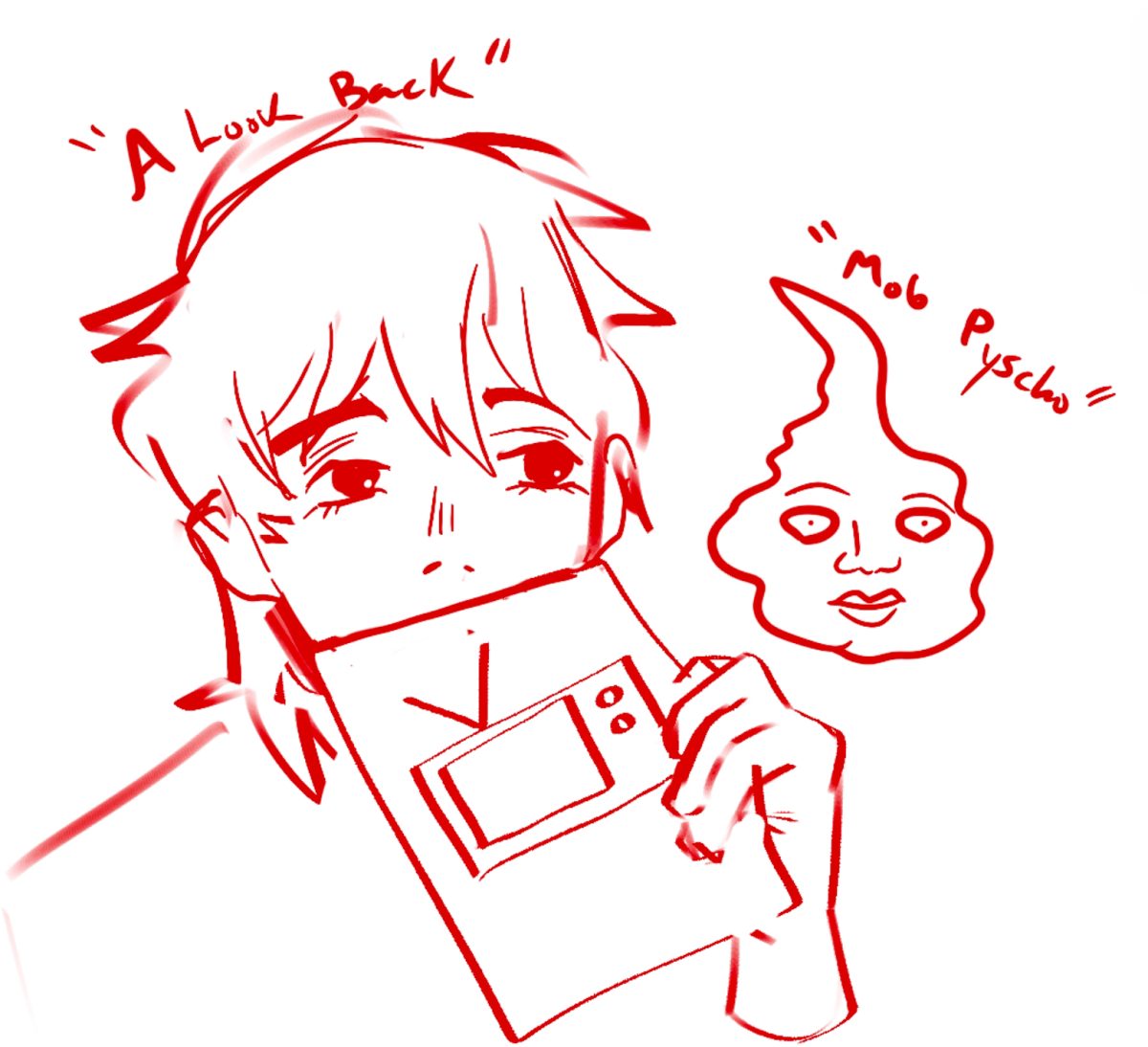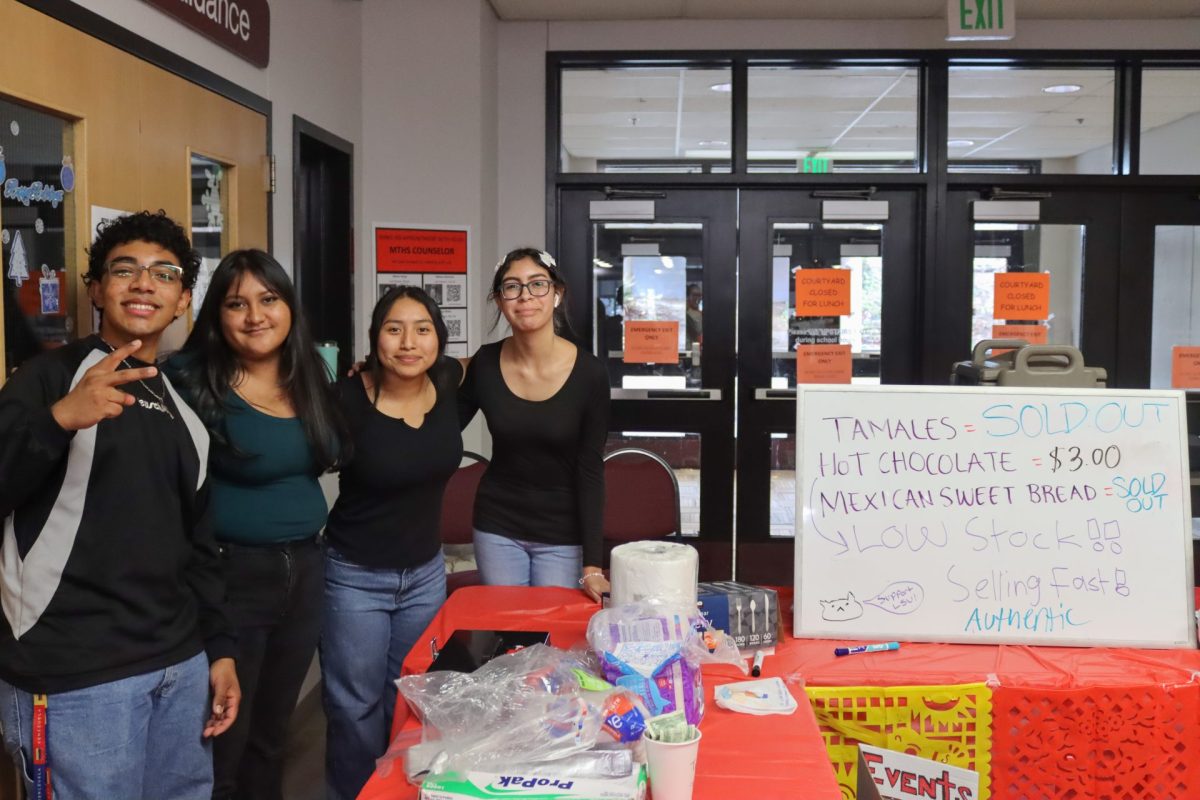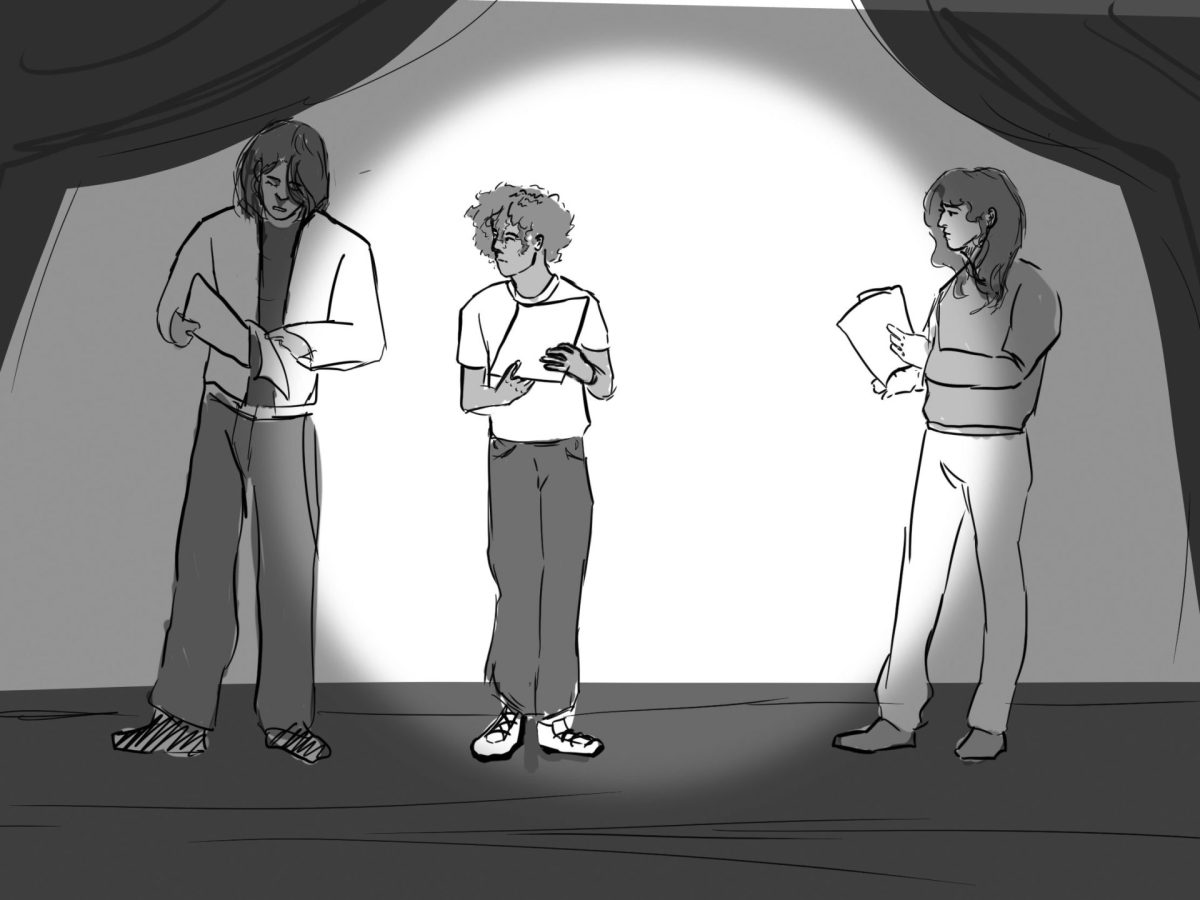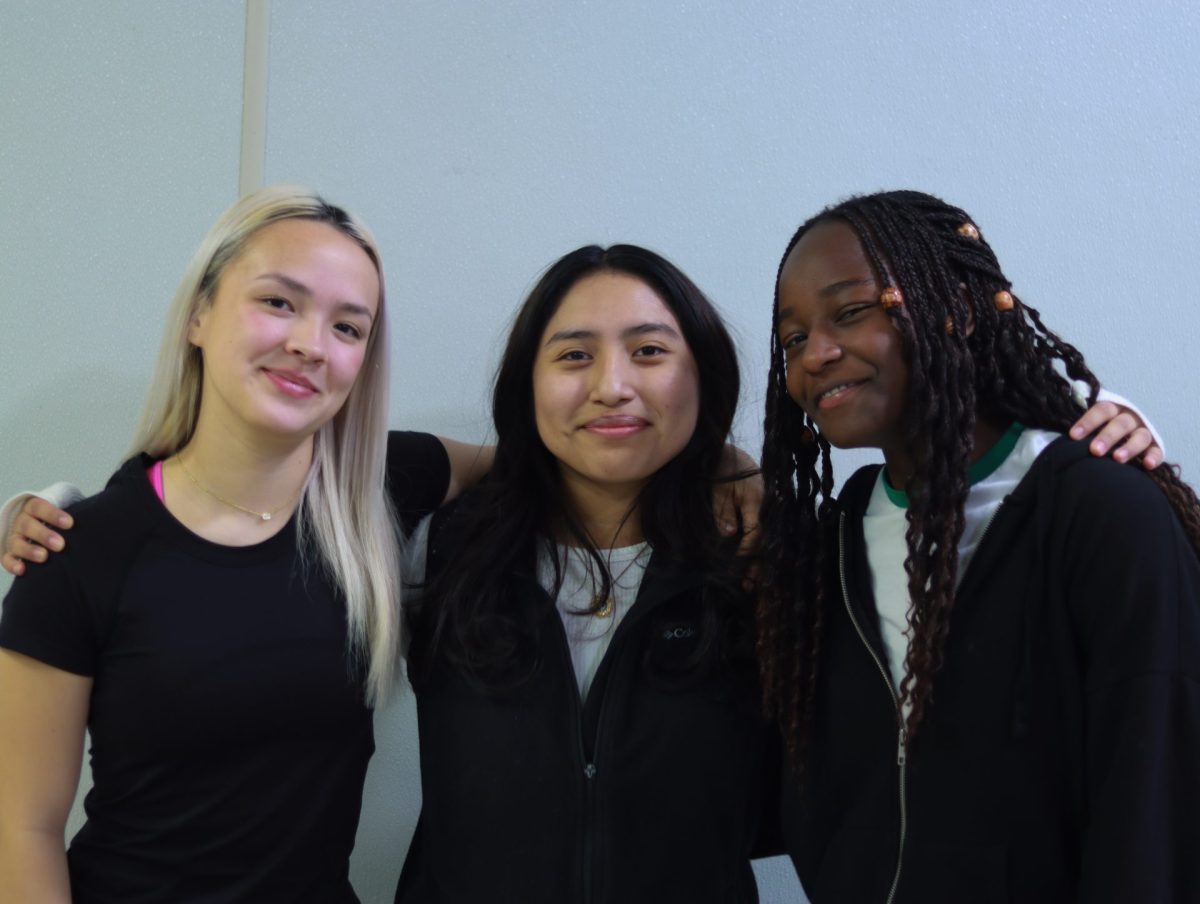Nestled on opposite sides of the historic Reading Terminal are Sweet T’s and Sweet Nina’s, the market’s first Black-owned bakeries. Each has their own signature delicious dessert, whether it be sweet potato pie or banana pudding. Both are family-owned and operated, like most of the small businesses that fill the market. Even on a quiet weekday morning like this, both stores stand out for different reasons.
At Sweet T’s, lines for their famous sweet potato pie go out the door and around the terminal around Thanksgiving. The volume of sales is so high that they’ve adopted pre-ordering and end sales a week before the holiday. Sweet potato everything has become their staple, filling their stall and website with references to their pie. In addition to their famous pie, they also sell sweet potato cupcakes, pancakes, and cheesecake. Lining the back of their stall is a line of memorabilia, commemorating the colleges that the owner’s children went to. Established in 2021, a Chicago Tribune article posted in the storefront marks the occasion with a glowing review.

At Sweet Nina’s, banana and strawberry pudding fills the storefront, recently stocked by one of the co-owners that was getting ready for opening. In the back, he uses a mixer and large metal cylinder to make the sweet pudding for the day. Unlike anything we’ve ever tasted, it combines the sweetness of powdered sugar with the texture of thick cream into one delicious concoction brimming with banana and bread. Just like Sweet T’s, it has its own glowing review from the Tribune marking its opening, and matches it in popularity, selling out every day.
While the market might have been here for over 130 years, these bakeries have been here for a combined five, a sign of the market’s high turnover rate. Equipped with dueling headlines from the Philadelphia Tribune, the oldest Black-owned newspaper in the United States, the businesses represent the strength and diversity of the city as a whole.
At the same time, they reflect the lack of representation of diversity in the marketplace’s businesses. Bakeries fill the market, yet only two of them are Black-owned despite over 38 percent of Philadelphia’s population being Black. However, Sweet T’s and Sweet Nina’s are helping to change this, as before them, there were none at all. Their additions to the market also represent an overall change in the diversity of the businesses owners. In addition to the aforementioned bakeries, two other Black-owned businesses opened recently in the market.
One of these is Little Marrakesh Bazaar, owned by Chakir Bouchaib. Lined with intricately-patterned goods handcrafted by Moroccan artists from across the country, owning the business gives Bouchaib a place to interact with his Morrocan culture.
“I grew up and was born and raised in Morocco for 18 years… I moved in here trying to find something to create, and then I came up with the little Marrakesh Bazaar. It gives me the option to actually talk about my hometown all the time. It also gives me the opportunity to travel to Morocco all the time,” he said. Bouchaib usually travels to Morocco, using it as an opportunity to grow his network of artists contributing to his shop. As one of the market’s Black-owned businesses, he talked about why diversity in the market was important.
“I think that’s what makes the markets unique and fun… In the market, you can see [people and cultures] from all over the world. And then it’s great to have something like that in Philadelphia and it also gives us options to meet other cultures, other countries, other people from different parts of the world. It’s a great place to be at.”
The other Black owned business was Amazulu, a jewelry shop lined with ornate jewelry different from what you might see at a traditional jewelry shop. However, what stood out the most was not the jewelry, but the line of major Black historical figures that lined the bottom of the storefront. This is just a small part of the store’s activist feel, distinctly different from the other Black businesses in the market. In the back of the stall, shirts with messages of Black empowerment line the walls, while in the front, a stanza from Maya Angelou’s famous poem “And I Still Rise” takes up a part of the stall. The store is not only a Black-owned business, but one that seeks to empower its Black customer base. According to Akosva Nyo, one of the employees, the business achieves this by focusing on many different cultures, trying to leave no one out. She also views education as a key component of the store’s success, explaining the activist messages the store embraces.
All these businesses, while unique in their own way, reflect not only the growing diversity of Reading Terminal’s businesses, but of the city as whole. Philadelphia, which was 64 percent white 50 years ago, is now just 34 percent white. As the city’s diversity continues to grow, so does the diversity of businesses in Reading Terminal.


















